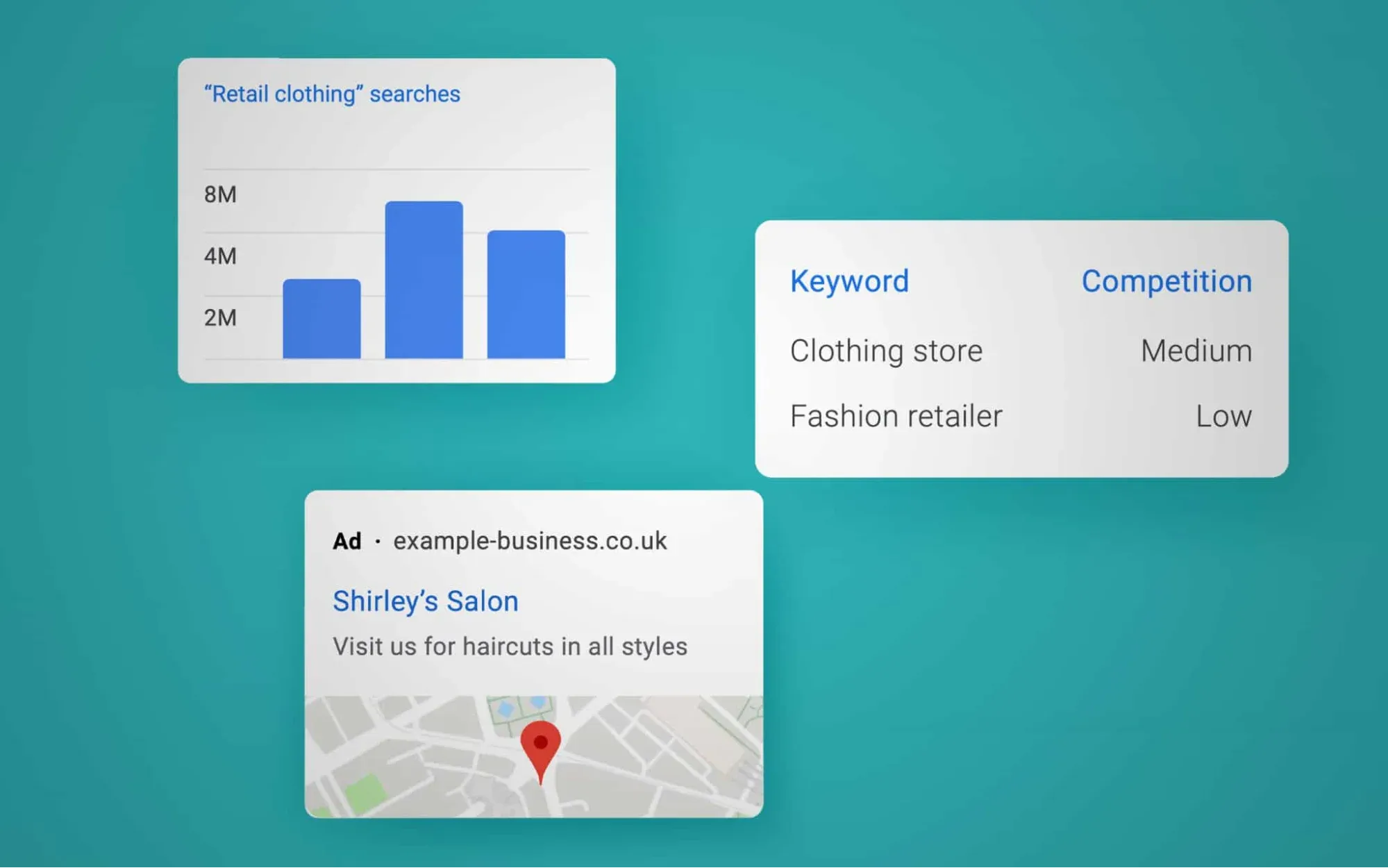Boosting Your Website With 7 Must-Know Content Keyword Tactics

In today's digital landscape, having a strong online presence is crucial for the success of any business. And one of the most effective ways to achieve this is through search engine optimization (SEO).
By optimizing your website and content for search engines, you can improve your visibility, reach a wider audience, and ultimately drive more traffic to your website.
In this deep dive, we will explore 7 must-know content keyword strategies that can significantly boost your SEO efforts.
What is the of Role of Content Keyword Targeting in SEO?
At the core of any SEO strategy is targeting the right SEO keywords.
These are the words or phrases that users type into search engines when looking for information or products related to your business.
You increase the likelihood that search engines and, subsequently, potential customers will find your content by incorporating these keywords into it. This process, known as content keyword targeting, is the very foundation of effective SEO.
It plays a critical role in driving organic traffic to your site, reaching your target audience, and ultimately achieving your overall business goals.
By aligning your content with the search intent of users, you increase not just the quantity but also the quality of traffic coming to your site through effective keyword optimization.
How To Do Keyword Research

But how do you know which SEO keywords to target? This is where keyword research comes in. By using keyword research tools, such as Google Keyword Planner, SEMrush, and Ahrefs, you can identify relevant keywords that your target audience is searching for.
Conducting thorough keyword optimization allows you to tailor your content to match user intent, increasing your chances of ranking higher in search engine results pages (SERPs). It also helps you discover long-tail keywords, which are longer and more specific phrases that have less competition but can still drive valuable traffic to your site.
Keywords play a crucial role in SEO, but it's important to remember that they should be used strategically and naturally within your content.
Avoiding keyword stuffing is crucial; instead, focus on understanding how to do keyword research to enhance your content's visibility and relevance.
Creating High-Quality Content
In addition to targeting the right keywords, having high-quality content is also essential for effective SEO keyword strategy. Search engines aim to provide users with the most relevant and valuable information, and they rank websites accordingly.
By creating content that is authoritative, relevant, and engaging, you increase your chances of ranking higher in search results.
When crafting your content, keep in mind the importance of meta descriptions.
These are snippets of text that appear below the title in a search engine result. They provide a brief summary or preview of what your page is about and can greatly impact click-through rates.
By optimizing your meta descriptions with relevant keywords and a compelling call-to-action, you can entice users to click on your link.
On-Page Optimization Techniques

On-page optimization refers to the various tactics used to optimize individual web pages for search engines. This includes elements such as title tags, header tags, and meta description best practices.
Title tags are HTML elements that specify the title of a web page.
They are crucial for both SEO and user experience, as they often appear as clickable links in search engine results. By including relevant keywords in your title tags, you can improve your chances of ranking higher and attract the attention of users.
Header tags are also important for on-page keyword optimization. These are HTML elements that define headings and subheadings within your content.
By using H2 and H3 tags strategically, with relevant type of keywords included, you can improve the organization and readability of your content while also signaling to search engines the important topics within your page.
The Intersection Of User Experience And SEO
A website's design and user experience also play a significant role in SEO.
A user-friendly website design is more likely to rank higher in search results as it provides a positive experience for visitors. This includes elements such as easy navigation, mobile responsiveness, fast loading speeds, and overall user satisfaction.
One factor that can greatly impact both user experience and SEO is page load speed.
Search engines prioritize sites that have fast loading times, as it improves the overall user experience.
To optimize your website's speed, consider using tools to compress images, minify code, and leverage browser caching.
Leveraging Multimedia For SEO
Multimedia content, like photos and videos, can have a significant impact on your SEO efforts and content marketing strategy in addition to written content.
Text-heavy pages can be broken up by images, which also improve the visual appeal of your content.
You can increase the accessibility of your website and give search engines additional context and relevancy for your content by adding pertinent alt text to your images.
Conversely, videos can be an effective SEO tool and a means of creating content that engages viewers. They not only draw visitors in and lengthen their stay on your website, but they may also rank well in searches tailored to videos.
Your videos will appear more prominently on search and video platforms if you optimize them with pertinent titles, descriptions, and tags.
This will help you build a strong content strategy that includes a variety of multimedia components for higher viewer engagement.
Monitoring and Adjusting Strategies

SEO is an ongoing process, and it's important to continuously monitor and adjust your strategies based on analytics data, user behavior, and search engine algorithm updates.
Tools such as Google Analytics can provide valuable insights into how users are finding and interacting with your site.
To thoroughly analyze your SEO performance and make informed strategic adjustments, it's crucial to conduct a comprehensive SEO keyword analysis and track key metrics.
Metrics such as organic traffic, bounce rate, and conversion rates provide valuable insights into how users interact with your site and the effectiveness of your SEO efforts.
Organic traffic refers to the visitors who land on your site through unpaid (organic) search results, which is often a direct result of effective SEO.
A high bounce rate—users leaving your site after viewing just one page—might indicate that your content isn’t capturing their interest or satisfying their needs.
Conversion rates, the percentage of users who complete a desired action, serve as a direct indicator of your website's effectiveness in achieving business goals, including strategies for effective SEO keyword search.
Building Quality Backlinks
Backlinks, or links from other websites to yours, are a crucial factor in SEO. They not only increase the authority of your site in the eyes of search engines but also help drive referral traffic. However, it's important to note that not all backlinks are created equal.
Quality backlinks from reputable and relevant sites carry more weight than spammy or irrelevant links. If you're wondering how to search for keywords on a website to optimize your content, tools like Google Keyword Planner can be invaluable.
To acquire high-quality backlinks, consider backlink-building strategies such as guest posting, outreach to other websites, and networking within your industry.
By fostering organic link-building opportunities, you can improve the credibility and visibility of your site in search results.
FAQs About Content Keyword Tactics
How Do I Optimize Title Tags For Better SEO?
To optimize title tags, ensure they are concise, include targeted keywords, and provide a clear and compelling description of the page content to attract both users and search engines.
How To Search For Keywords On A Website?
To search for keywords on a website, press Ctrl + F (or Command + F on a Mac) to open the find bar, then type your keyword and press Enter.
Why Seo Keyword Research and Analysis Is Important In Content Keyword Tactics?
SEO keyword analysis is crucial in content strategy as it ensures relevance to search queries, improving visibility and traffic. It also helps in understanding audience needs and interests, shaping effective content.
How To Do Keyword Research?
To do SEO keyword research, start by identifying the core topics relevant to your content or business, then use tools like Google Keyword Planner or SEMrush to find related keywords and analyze their search volume and competition, understanding how to do keyword research is crucial for optimizing your online presence.
